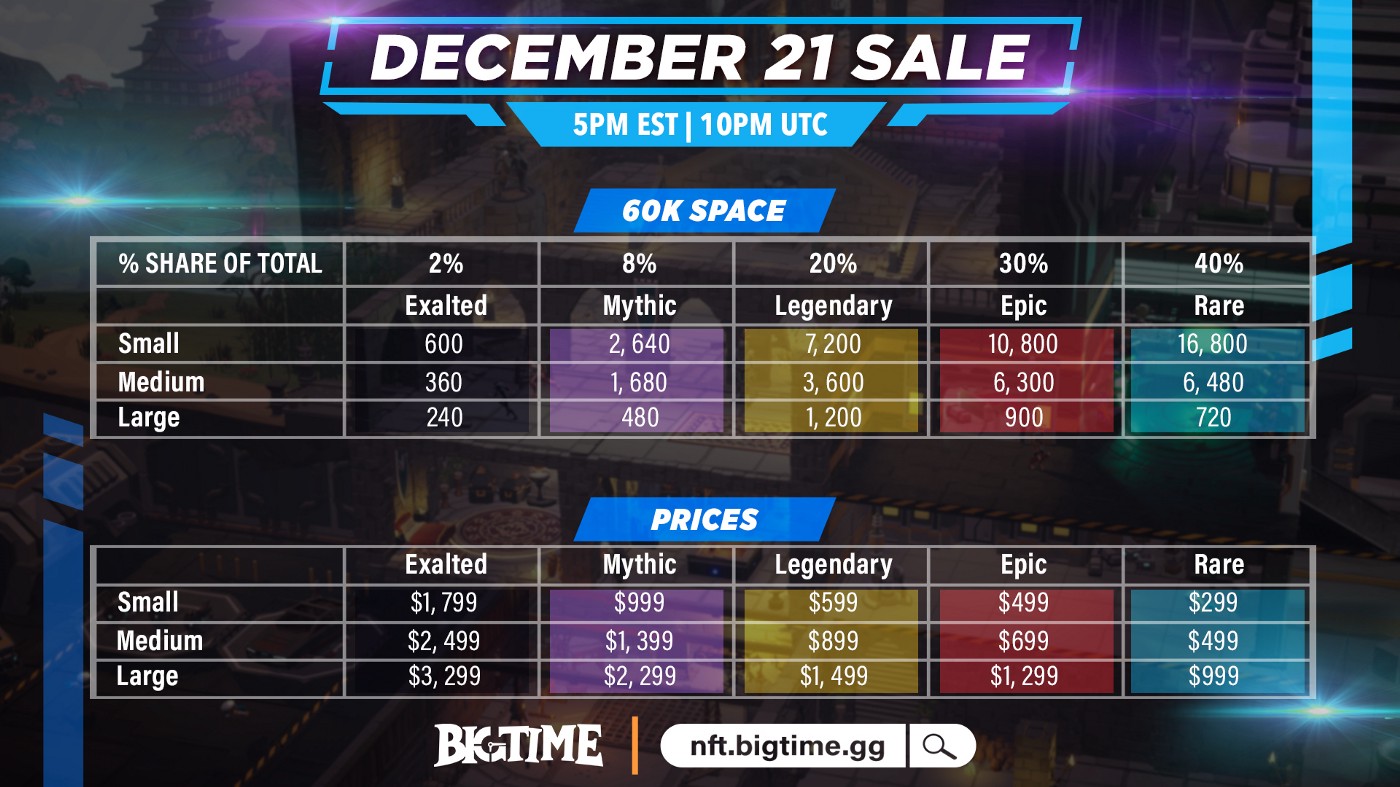
The Mobile Health Consumer app offers employees of companies with a health plan or health benefits program access to their personal health data, wellness programs, and other resources. It can also help users navigate the healthcare industry. The app gives users access to a vast contact database that allows them to make appointments, find out more about their health, and make informed decisions about their healthcare.
A growing number of companies are looking to make their mark on the mHealth market. Those hoping to build a mHealth app have to consider the regulations and legal issues involved. It is essential to know the requirements of federal law when an app collects personal health information.
One of the best ways to protect an mHealth app is to comply with HIPAA, or the Health Insurance Portability and Accountability Act. This rule is designed to give individuals rights over their health information. In addition, it sets limits on the use of PHI, or protected health information.
A key point to remember about mHealth apps is that they must cater to the needs of their patients. Apps that allow for medical imaging can help to improve patient care. But, technology may not be HIPAA compliant. A health app that collects data from children could also be subject to the Children's Online Privacy Protection Act (COPPA).

Security is another concern in mHealth. Security is a major concern with mHealth applications. Although they may look easy on the surface, there are many security features that must be taken. There are many options.
The FDA has many regulations and rules governing mobile medical apps. They use the same risk assessment approach that they use to evaluate other medical devices. FDA registration is required for manufacturers of Class II or III devices. Once the device is approved by the FDA, it is added to the agency's data base.
The FTC has a similar policy that applies to apps which are controlled by an individual. It is not as specific as the HIPAA rule, but it does apply to apps that draw information from multiple sources.
According to the World Health Organization, mHealth is a medical practice that can be supported by mobile devices. Among other uses of mHealth, it can be used to monitor disease, monitor wireless glucose levels, and track epidemic outbreaks.
Point-of–care diagnostics are another area of particular interest. Smartphones have improved image quality, speed, data transfer, and image quality. An mHealth application in this area could help physicians review and analyze patient data, and make treatment decisions.

Lastly, mHealth offers a powerful way to improve the health of people in low- and middle-income countries. It is estimated that 70% of the five million mobile broadband subscribers worldwide live in low- to middle-income areas. Healthcare in these areas can be especially complicated. MHealth applications can be a great way for government health officials to reach remote or underserved areas.
Future-looking companies can create an affordable and simplified healthcare system by using a mobile health platform like Mobile Health Consumer.